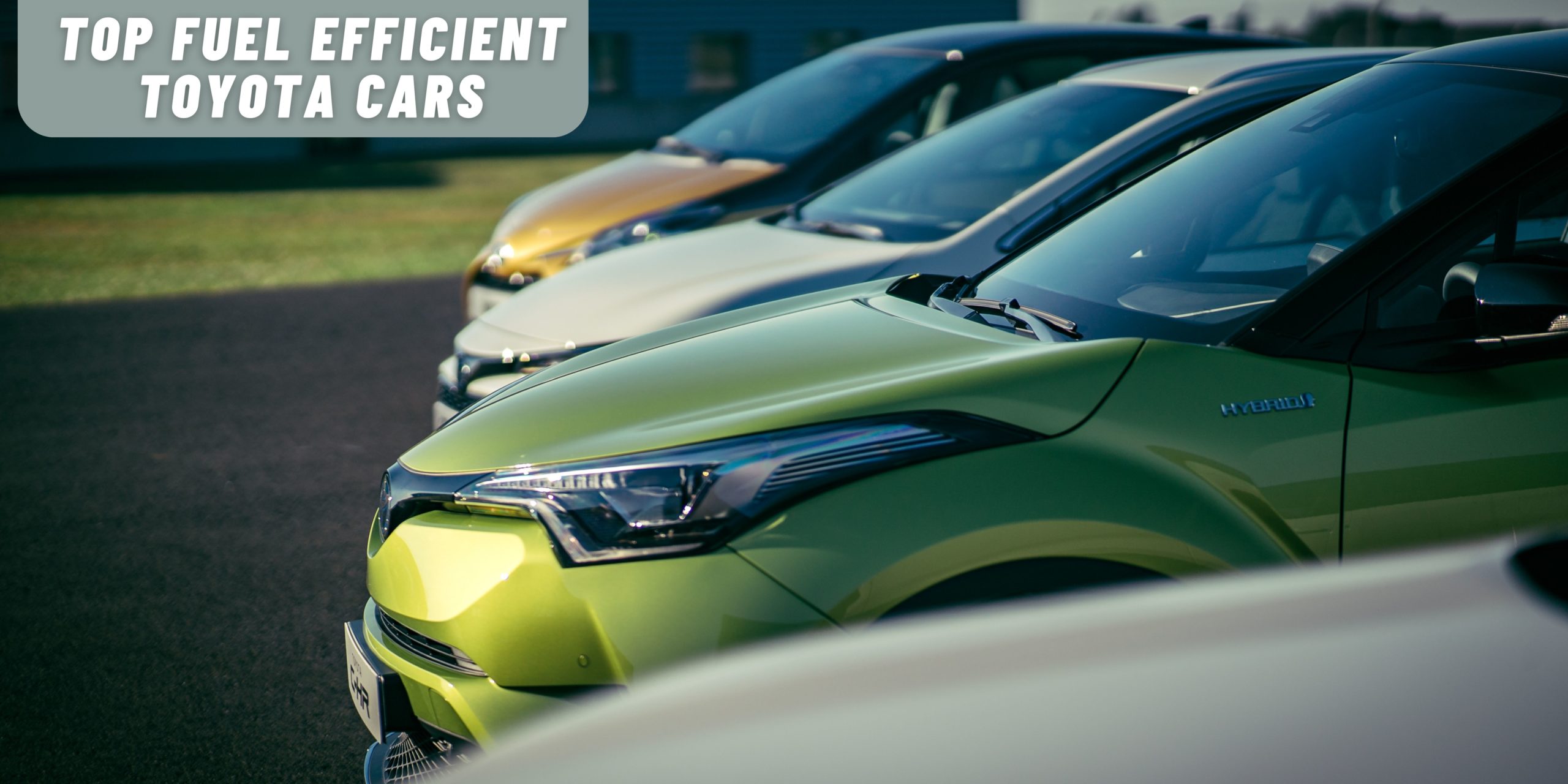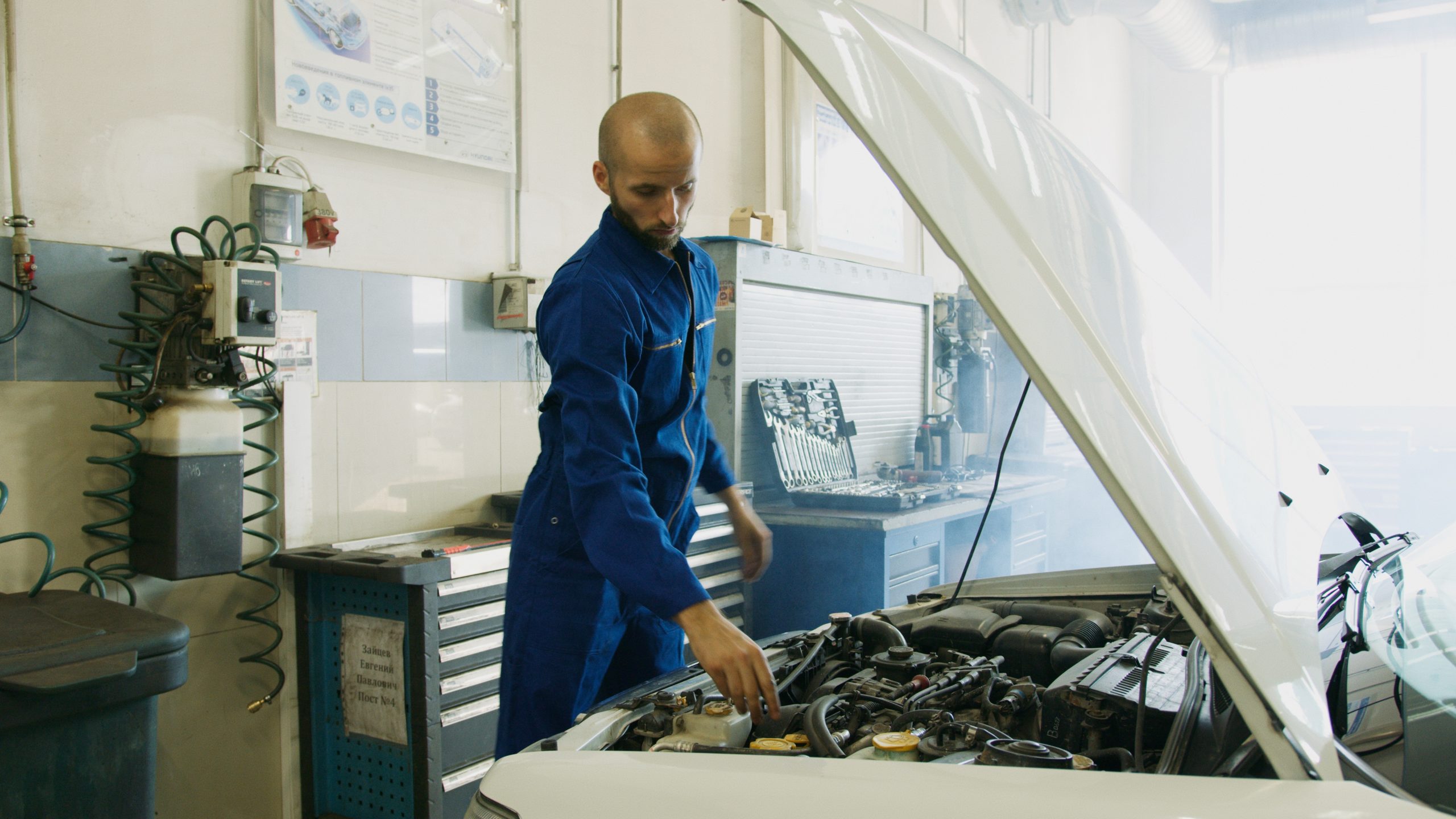A piston is a crucial component in the engine of a car, responsible for converting the pressure generated by burning fuel into mechanical energy that powers the vehicle. In this blog, we’ll explore what a piston is, how it works, and why it’s such an essential part of a car’s engine.
What is a Piston?
A piston is a cylindrical component with a flat top and a pointed end that moves up and down inside the engine’s cylinders. The piston is typically made of cast aluminum alloy and is precision-machined to fit tightly within the cylinder. The piston is connected to a connecting rod, which, in turn, is connected to the crankshaft. The piston’s motion generates the rotational motion of the crankshaft, which ultimately drives the wheels of the car.
How does a Piston Work?
The piston’s function is simple: it moves up and down inside the cylinder. However, the process that drives this motion is complex. When fuel is injected into the cylinder and ignited, it creates a high-pressure gas. This pressure pushes down on the top of the piston, forcing it to move down the cylinder. As the piston moves down, it rotates the crankshaft, converting the linear motion of the piston into rotational motion.
When the piston reaches the bottom of the cylinder, it reverses direction and moves back up the cylinder. This motion compresses the fuel-air mixture in the cylinder, preparing it for the next ignition cycle. When the piston reaches the top of the cylinder, the spark plug ignites the fuel-air mixture, and the process starts over.
Why is a Piston Important?
The piston is a crucial component of the engine, responsible for converting the pressure generated by the combustion process into mechanical energy. Without the piston, the energy generated by burning fuel would be wasted, and the car would not move. The piston’s precise fit within the cylinder is also critical to the engine’s efficiency. A poorly fitted piston can cause leaks and loss of compression, which can reduce the engine’s power and efficiency.
In addition to its mechanical function, the piston also plays a role in controlling the engine’s emissions. The piston’s movement helps to regulate the amount of air and fuel that enters the cylinder, which, in turn, affects the engine’s emissions. A malfunctioning piston can cause the engine to emit excessive pollutants, which can be harmful to the environment and human health.
Types of Pistons
There are several different types of pistons in car engines, each with its unique design and function. Some of the most common types include:
Flat-Top Pistons
These pistons have a flat top and are commonly used in engines with a low compression ratio.
Dome-Top Pistons
These pistons have a domed top and are used in engines with a high compression ratio. The dome shape helps to increase the engine’s compression, which improves power and efficiency.
Bowl-Top Pistons
These pistons have a bowl-shaped depression in the top, which helps to direct the fuel-air mixture towards the spark plug for better combustion.
Invert Dome Pistons
These pistons have a domed top that is inverted, which helps to reduce the engine’s combustion chamber volume and improve compression.
Common Symptoms of a Bad Piston?
A piston is a critical component of a car’s engine that is responsible for converting the pressure generate by the combustion process into mechanical energy that powers the vehicle. A malfunctioning or damaged piston can cause several symptoms, which indicate that the engine requires immediate attention. Here are some common symptoms of a bad piston:
Engine Misfires:
Misfiring is one of the most common symptoms of a bad piston. When a piston is damaged or worn, it can cause the engine to misfire, which results in rough idling or hesitation when accelerating.
Loss of Power:
A worn out piston can cause a significant loss of power in the engine. This can result in sluggish acceleration, reduced top speed, and poor performance.
Excessive Oil Consumption:
A bad piston can cause oil to leak into the combustion chamber, resulting in excessive oil consumption. This can cause the engine oil level to drop rapidly and lead to other engine problems.
Loud Engine Noises:
A damaged piston can cause loud knocking or tapping noises coming from the engine. These noises may increase in intensity as the engine RPMs increase.
Poor Fuel Economy:
A malfunctioning piston can cause poor fuel economy, as the engine has to work harder to generate the same amount of power. This can result in higher fuel consumption and reduced efficiency.
Blue Smoke from Exhaust:
If a piston is damage it allows oil to leak into the combustion chamber, it can cause blue smoke to come out of the exhaust. This is a clear indication of engine problems that require immediate attention.
Can you drive a car with a bad piston?
It is not recommended to drive a car with a bad piston. A worn piston can cause significant engine problems that can lead to severe damage to the engine and other components. If you suspect that your car has a bad piston, it’s essential to have it inspected by a professional mechanic as soon as possible.
Driving a car with a bad piston can cause the following problems:
Further Damage to the Engine:
A damaged piston can cause other engine components to malfunction, leading to further engine damage. This can cause expensive repairs that could have been avoided if the problem was addressed early.
Increased Risk of Engine Failure:
A bad piston can cause the engine to fail unexpectedly, which can be dangerous if you are driving at high speeds or in heavy traffic.
Reduced Engine Performance:
A damaged piston can cause reduced engine performance, which can result in sluggish acceleration, reduced top speed, and poor overall performance.
Increased Emissions:
A malfunctioning piston can cause the engine to emit higher levels of pollutants, which can harm the environment and cause your car to fail emissions tests.
More Resources
Why Oil Changes Are Important
Dual vs Single Exhaust
Conclusion
The piston is a crucial component of a car’s engine, responsible for converting the pressure by the combustion process into mechanical energy that powers the vehicle. The piston’s precise fit within the cylinder is critical to the engine’s efficiency, and a malfunctioning piston can cause a loss of power and maximize emissions. Understanding how the piston works and the different types of pistons used in car engines can help you better understand your vehicle and its performance.




